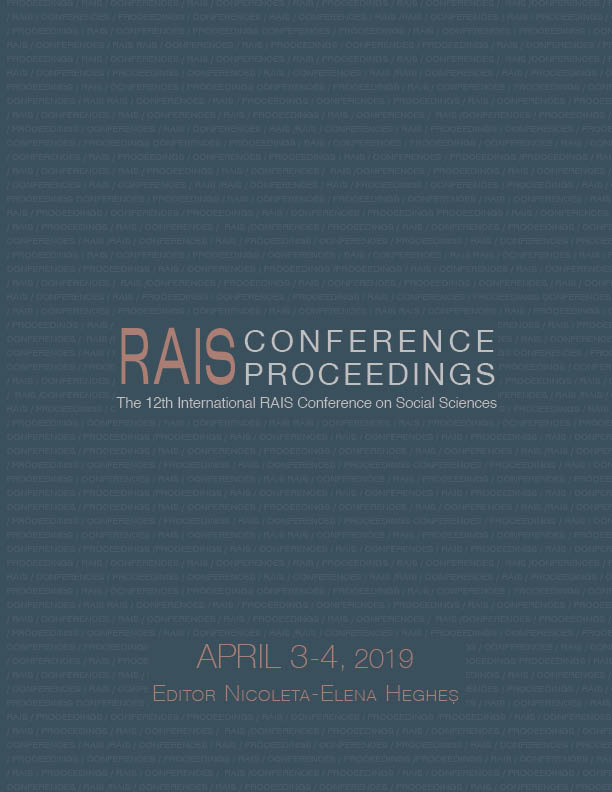Experiences, Choice and Well-Being: An Economics of Psychological Energy
Experiences, Choice and Well-Being: An Economics of Psychological Energy
Author(s): David Allen Axelrod
Subject(s): Experimental Pschology, Socio-Economic Research
Published by: Scientia Moralitas Research Institute
Keywords: Impression; Expression' Internal Environment; Poverty Trap;
Summary/Abstract: This paper proposes an economic model of psychological energy used toward the production of experiences. A review of ideas at the nexus of economics and psychology, and how they lead to the thesis of this paper, is presented. A simple mathematical economic model is developed, with two main uses of psychological energy toward well-being. These are the generation of impressions (inward experiences that are sense-like) and expression (outward experiences that are action-like). Choosing is understood as investing energy to change the probabilities of an outcome. The model optimizes energy use between intensity of impressions and capacity for expression. For a fixed energy level, as experiential intensity increases resources are substituted out of decision making and implementation, leading to choices of lower utility. If the material losses are substantial during an experience, the share of psychological energy used to modify impressions will increase, and away from influencing seemingly random external outcomes. Over multiple periods, this generates a feedback loop where the person feels increasingly disempowered, and thus less concerned about making better choices. This feedback loop can be stopped by an external entity providing sufficient resources for the person to experience greater expression.
Book: Proceedings of the 12th International RAIS Conference on Social Sciences and Humanities
- Page Range: 1-10
- Page Count: 11
- Publication Year: 2019
- Language: English
- Content File-PDF

